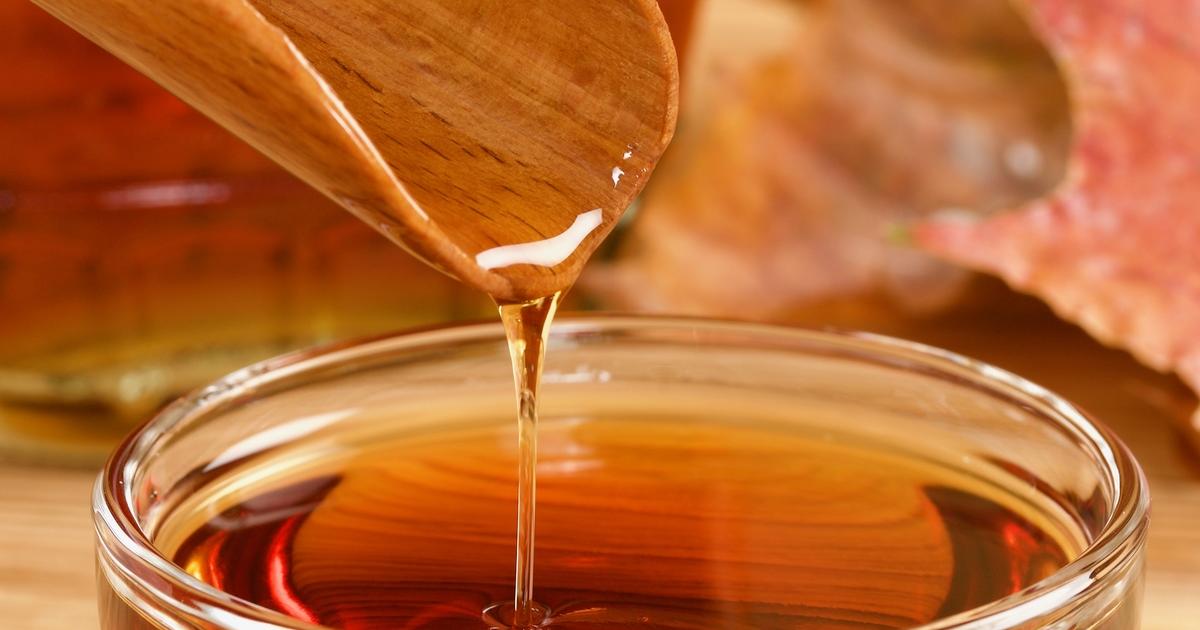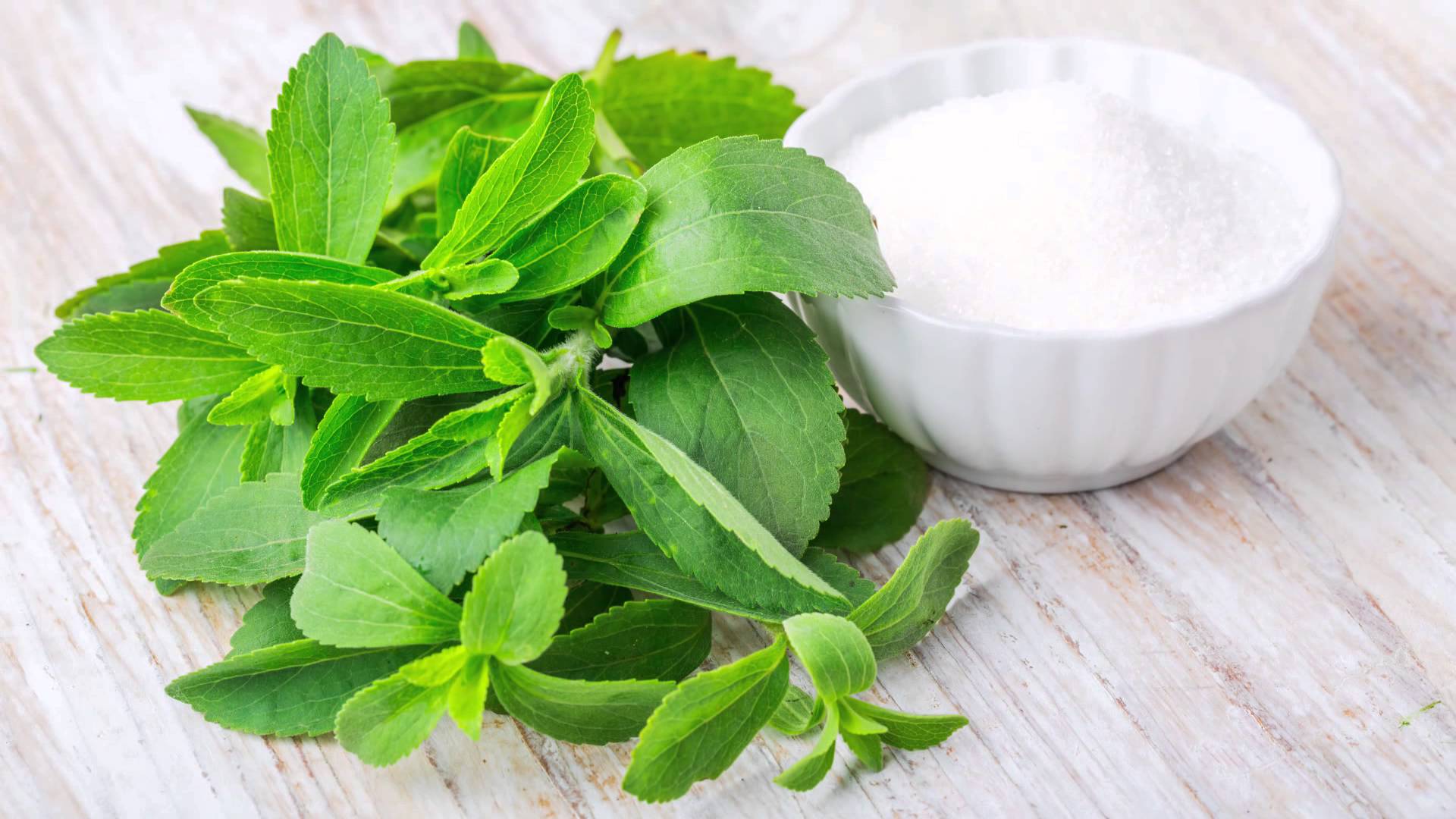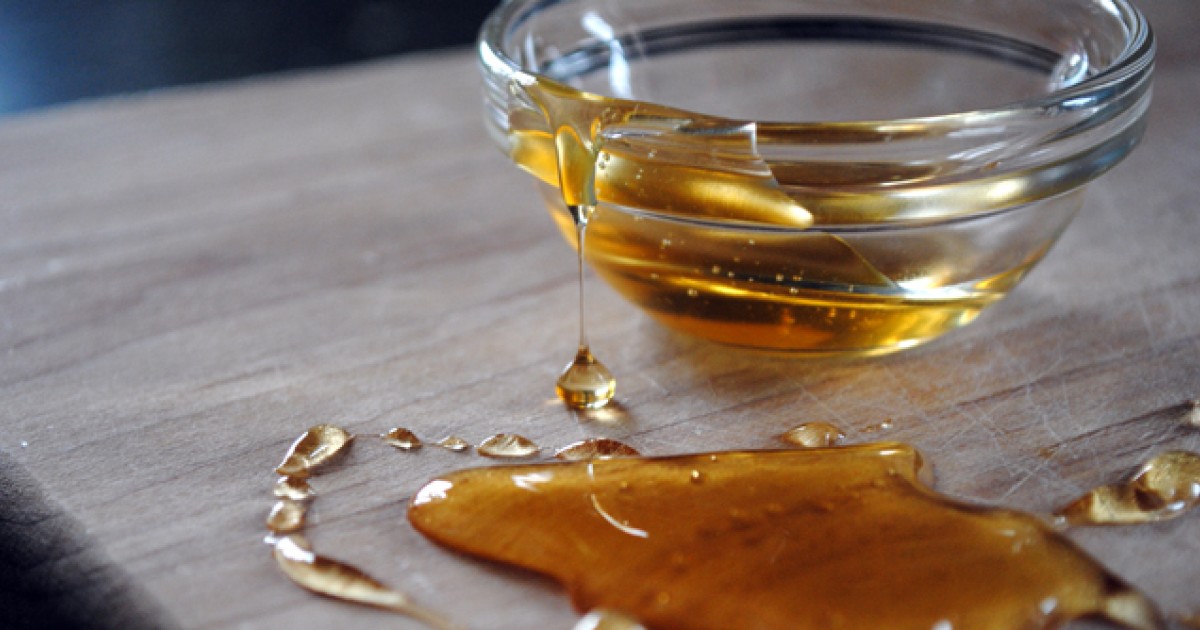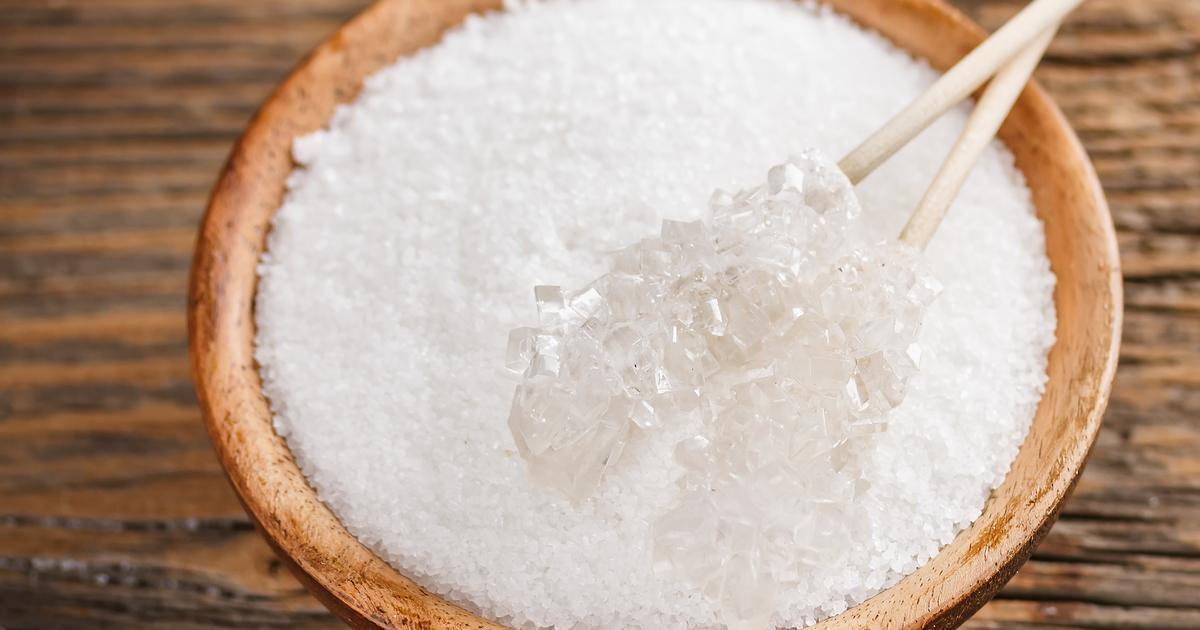Guide To Sugar Substitutes
As the name suggests, sugar substitutes are used as alternatives to standard table sugar, and natural sugar substitutes can be an ideal solution for individuals looking to sweeten their food without using synthetic ingredients. Unlike table sugar, many popular sugar substitutes, including stevia, are considered safe for diabetes patients and have little or no effect on blood glucose levels. Some sugar substitutes contain no fructose or glucose, and these may help individuals in reducing their overall dietary sugar intake. In the long-term, making substitutions for table sugar could enable patients to reach or maintain a healthy weight, thereby reducing the patient's potential risk of cardiovascular disease and diabetes. Individuals with diabetes or other underlying medical conditions may wish to consult a doctor or nutritionist about the most appropriate sugar substitutes for their particular needs.
The natural sugar substitutes described below are some of the most common sugar alternatives in use today.
Honey

Although honey is still considered a form of sugar and is metabolized by the body in the same way as processed table sugar, it is considered to be healthier than ordinary sugar. Honey contains traces of several minerals and vitamins, including calcium, iron, manganese, zinc, and vitamin B6. These vitamins and minerals are most abundant in raw and dark varieties of honey. Scientists have noted honey contains phenolics and flavonoids, two powerful antioxidants. Darker types of honey are especially high in antimicrobial properties as well. Since the molecular structure of honey is similar to that of glucose, it is easily digested by the body. A 2008 study involved fifty-five overweight individuals divided into two groups. A control group consumed seventy grams of sucrose daily for thirty days, and the treatment group consumed seventy grams of natural honey for the same period. After the study, the authors found consuming honey instead of sucrose led to modest reductions in body weight and body fat percentages. In addition, honey was found to lower fasting blood glucose, total cholesterol, triacylglycerol, and C-reactive protein.
Uncover another delicious alternative to traditional sugar now.
Maple Syrup

Like honey, maple syrup is also still considered a form of sugar, albeit a healthier one than normal table sugar, and it contains at least twenty-four different antioxidants, with some studies indicating it has more than fifty. It contains minerals such as calcium, manganese, potassium, iron, and zinc. While maple syrup still raises blood glucose levels, it has a slightly lower glycemic index than table sugar, which means glucose will rise at a slower rate when using maple syrup as a sugar substitute. Research conducted in test tubes suggests compounds in maple syrup could have anti-cancer properties, and more research into this is ongoing. In addition, studies suggest the syrup could ease bloating for some patients. When choosing maple syrup, opting for an organic version or a grade 'A' version could be beneficial. Many name-brand maple syrup products available at the grocery store are not pure maple syrup; they actually contain additives, including corn syrup and regular sugar.
Learn more about the substitutes available for traditional sugar now.
Stevia

Stevia is extracted from the leaves of Stevia rebaudiana, a shrub that grows in South America. This sweetener has zero calories, and it is two hundred times sweeter than table sugar when the two are compared in equal concentrations. So far, studies have shown stevia has no adverse health effects, and it is not associated with weight gain. Research indicates stevia improves insulin sensitivity, and this enables the body to use insulin more effectively. The consumption of stevia is linked to reductions in blood glucose, making it a safe option for diabetes patients. Stevioside, one of the compounds in stevia extracts, has been shown to reduce blood pressure readings by six to fourteen percent. Stevia is available in powder and liquid formulations, and items labeled as stevia extracts might contain stevioside or rebaudioside A. While both of these extracts come from the stevia plant, they each have a slightly different taste, and patients interested in using stevia may want to try both to determine which one they prefer. Unlike some other sugar alternatives, stevia cannot be substituted one-for-one in recipes that require regular table sugar. However, many cookbooks offer dessert recipes made exclusively with stevia.
Discover additional alternatives to traditional sugar now.
Agave Nectar

Agave nectar is extracted from the agave plant that grows in the southern United States and Central and South America. The nectar is eighty-five percent fructose, and it has a very low glycemic index. Since it does not elevate blood glucose or insulin levels over the short-term, agave nectar is marketed as a healthy alternative sweetener for diabetes patients. An animal study conducted in mice compared agave nectar with sucrose (table sugar). The mice that were given agave nectar had lower blood glucose and insulin readings and gained less weight than the mice that received sucrose. However, since agave nectar is even higher in fructose than regular table sugar, some scientists urge patients to limit their intake of this nectar. Patients interested in adding agave nectar to their diets might wish to consult with a nutritionist before doing so, particularly if they have diabetes or other risk factors for cardiovascular disease or metabolic syndrome.
Get familiar with more available sugar substitutes now.
Xylitol

Xylitol is a type of sugar alcohol that occurs naturally in numerous fruits and vegetables. It is also extracted from birch wood or corn, and it has a level of sweetness comparable to table sugar. With 2.4 calories per gram, xylitol has forty percent fewer calories than table sugar. Xylitol contains no fructose, and studies have shown it helps the body absorb calcium more easily. Research also indicates xylitol may be particularly beneficial for dental health, specifically in the reduction of cavities. Although xylitol is well tolerated by most individuals, excessive use of this sweetener may lead to digestive issues such as gas, bloating, and diarrhea. Patients who have dogs are advised to keep xylitol out of reach of these pets, as it is highly toxic for dogs.